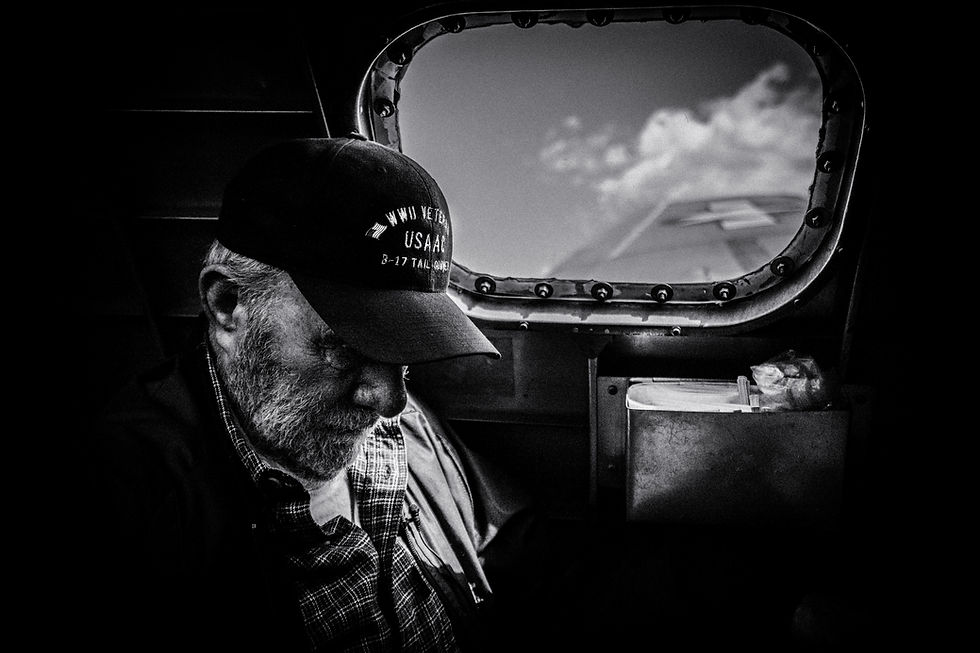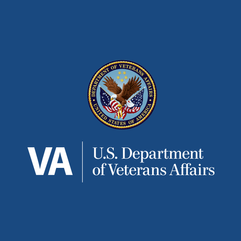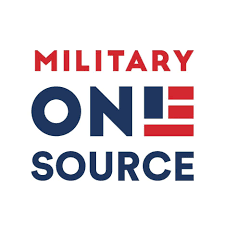Mental Health & Our Veterans
- branchofhopeoffice
- Feb 13, 2024
- 4 min read
February 13, 2024 | By: Kait Merli


The U.S. has been in and out of conflicts since the country’s inception, and has just ended two decades of war in the middle east. Over the last two decades our society has become increasingly aware of the challenges that many military members face and the mental health issues that seem to follow. The most publicized conditions have been posttraumatic stress disorder (PTSD) and depression. However, there are many more issues that need the publicity. Military members and Veterans also often suffer from extreme stress, suicide, traumatic brain injury (TBI), substance use disorder (SUD), and violence against themselves and others.
The Statistics:
The 2020 U.S. Census revealed there are approximately 18 million veterans in the United States. And according to the NIH (2023), over 6% of the population has served or is currently serving in the military. The mental health statistics that surround our military and veterans are staggering!

Firstly, in 2020, approximately 5.2 million Veterans experienced a behavioral health condition, but more than half had not received any form of treatment for their mental illness in the past year (SAMHSA, 2022). Roughly 44-72% of military members experience high levels of stress during their transition to civilian life (SAMHSA, 2023). An estimated 14-16% of Soldiers that deployed to Iraq and Afghanistan have been affected by PTSD or depression (NIH, 2023).
Worse yet is the fact that Veteran suicides have reached their highest rate in recorded history. Over 6,000 Veterans die by suicide ever year (NIH, 2023). When you break that down, that is nearly 17 veterans dying ever day by taking their own life. Another study was conducted on military personnel and found that about 30% of completed suicides and 20% of deaths resulting from high-risk behavior were linked to the use of alcohol or drugs (NIH, 2023).
Why are Veterans at risk?
In one of our social media posts, we discussed why military members have high exposure to occupational stress. These same reasons can make a Soldier susceptible to mental health conditions like depression and anxiety, as well as extreme stress. These occupational stressors include the military being a high-risk career, having a stressful assignment, being in a toxic organization, and especially being away from family, loved ones, or a support system.
Military members are at further risk if they have experienced combat or any other type of deployment due to combat stressors and/or witnessing oneself or others in harm’s way. While deployed in any scenario, one is far away from family, loved ones like their spouse and children, and from any sort of support system.
What can be done?

First, education and understanding of what our military members and Veterans experience in daily life is paramount. Providers, especially, should be educated and understand these unique experiences and be familiar with available military and Veteran resources. Loved ones, providers, family, and Veterans should communicate the need to seek treatment if its needed. If you see your Veteran feeling off or struggling, do not hesitate to talk with them. Veterans, if you need help, please speak to someone...anyone. Seeking help is STRENGTH! It is also extremely helpful to find or build a social network or support system to lean on. It sometimes really does take a village and we all need one!
Military and Veteran Resources:
There are so many great resources out there for our military and Veterans!
First, the Department of Veterans Affairs offers mental health services. Over 1.7 million Veterans received mental health services at the VA in 2022 (VA, 2023). They provide a range of services that include counseling, therapy, medication, and peer support. You can call 877-222-8387 to find the right resources for your needs. If you have hearing loss, call TTY: 800-877-8339.
Second, Military OneSource is your 24/7 connection to information, answers, and support to help you reach your goals, overcome challenges, and thrive. You can connect with Military OneSource anytime by calling 800-342-9647 or chat live at https://livechat.militaryonesourceconnect.org/webchat/.
Third, in our area, the Greater National Capital Region, Serving Together provides a coordinated network of public, private, and nonprofit organizations that serve Veterans, service members, and their families. For more information go to their website at https://servingtogetherproject.org.
Lastly, and most importantly, if you or someone you know is in crisis, please call the National Suicide Hotline. It is available 24/7. Veterans should dial 988, then press option 1. You can also connect to the hotline by texting 838255 or chat online at https://www.veteranscrisisline.net/get-help-now/chat/.
We hope you found this post educational and have a better understanding of the unique experience our service members and Veterans have. Please save the resources above!
Blog Resources:
Disclaimer
This blog and website represents the opinions of Sarah Haberbosch, LCSW-C and her guests to the blog and website. Views and opinions expressed in the blog and website are our own and do not represent that of our places of work. While we make every effort to ensure that the information we are sharing is accurate, we welcome any comments, suggestions, or correction of errors.












Comments